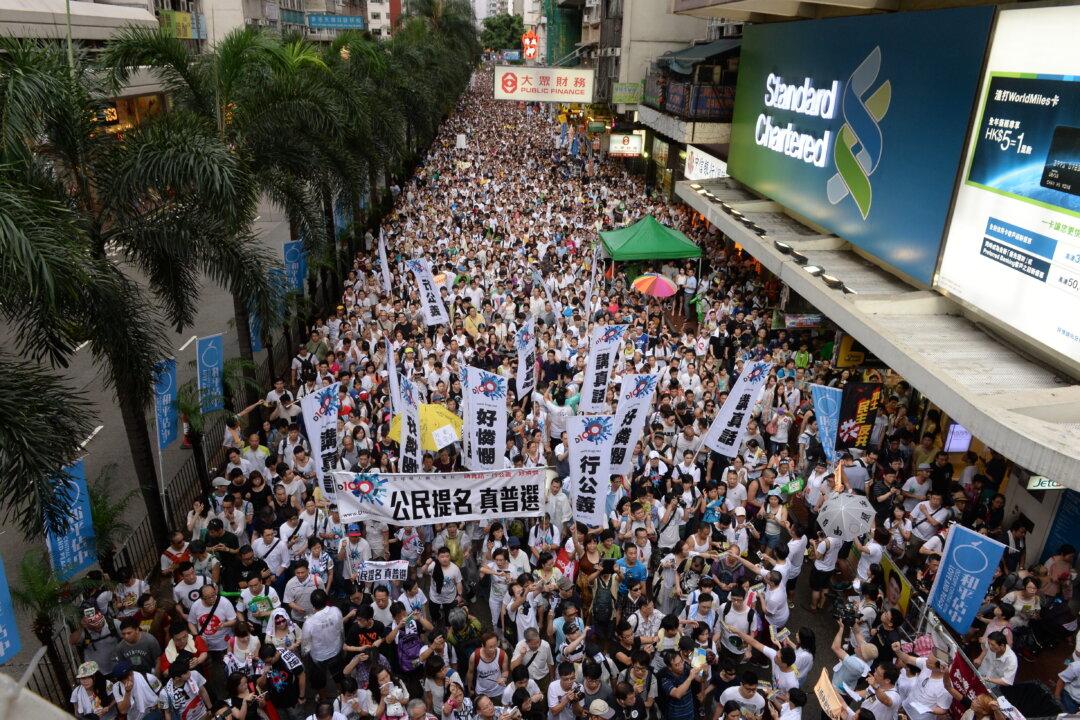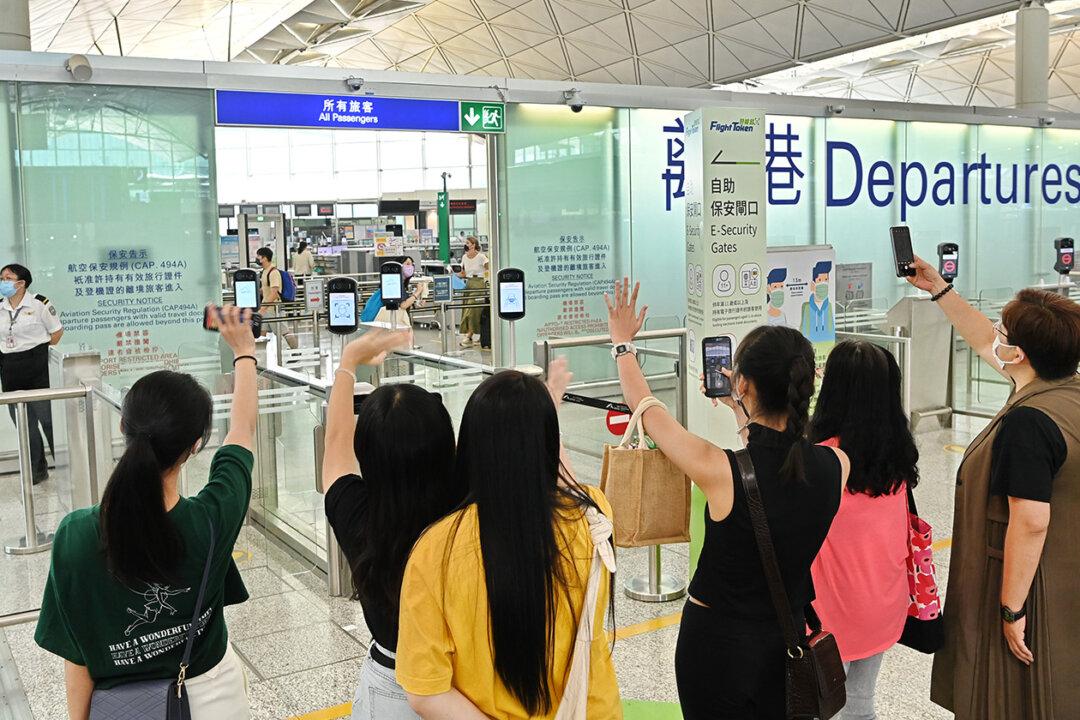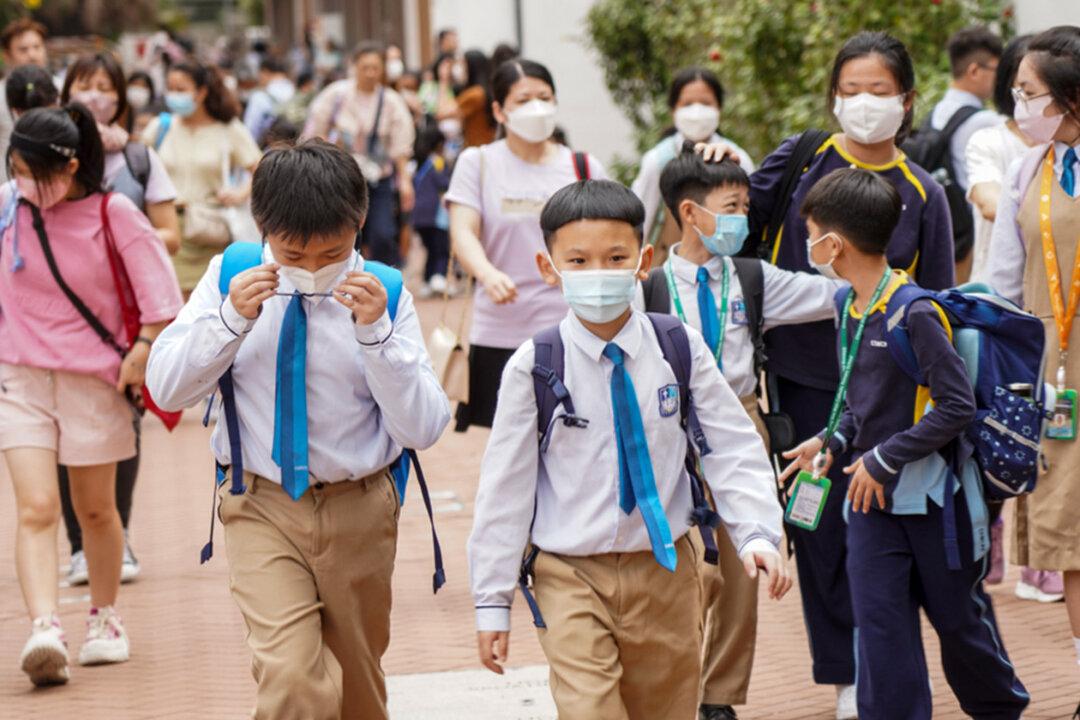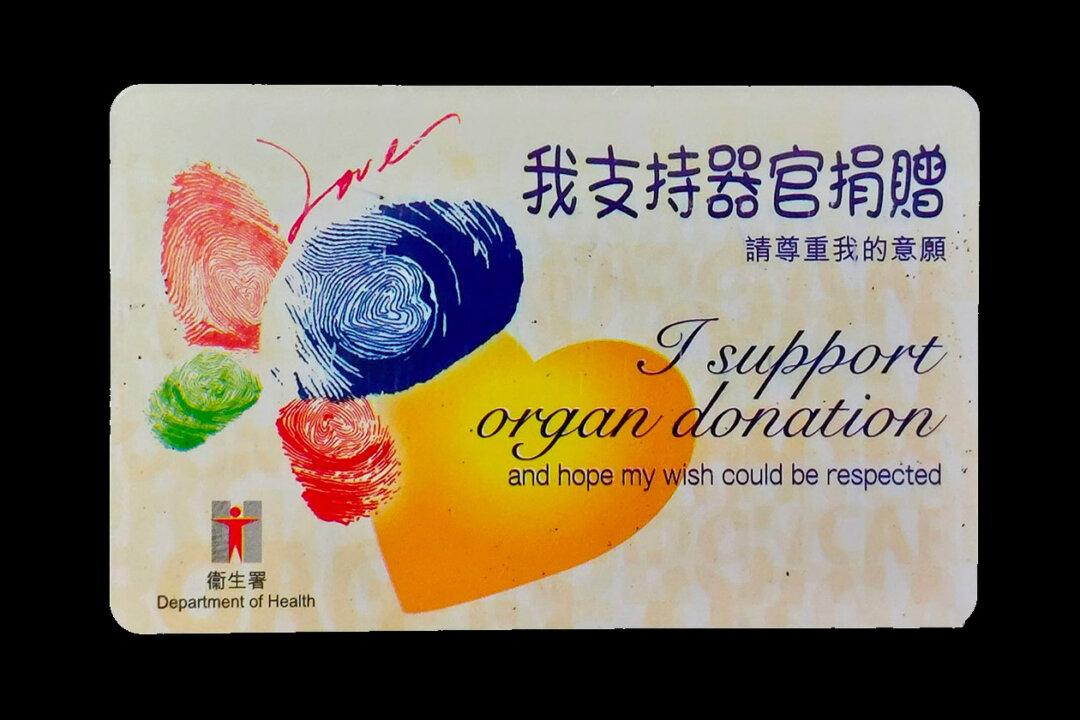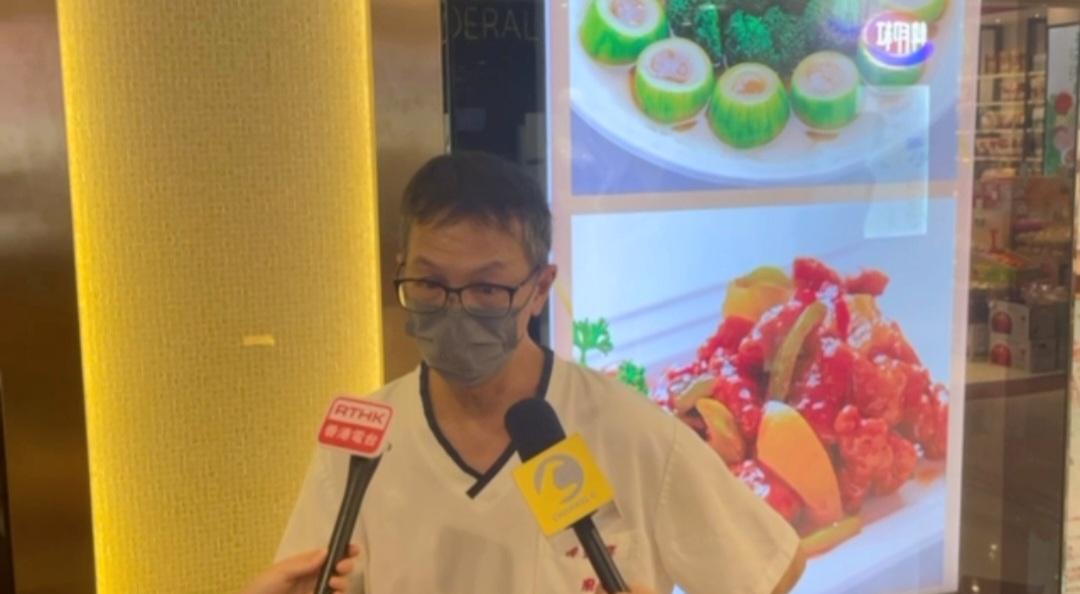The National Security (Legislative Provisions) Bill of Hong Kong the Basic Law Article 23, which caused 500,000 Hongkongers to march on the street against legislation in 2003, was recently removed from the legislative agenda for the 2022 Legislative Council.
This means the bill will not be submitted to the Legislative Council for registration in the second half of 2022. Some Legislative Council members from the pro-Beijing camp expressed their disappointment, while others said it was expected because “the situation is different from before.”
Scholars said that Hong Kong’s economy has worsened, and the government needs relief (by shelving the bill) from the worries of investors, to achieve a short-term visible economic improvement.
Early this January 20, The Administration Wing, Chief Secretary for Administration’s Office submitted the 2022 Legislative Agenda to the Legislative Council, which includes 37 major pieces of legislation for deliberation. The National Security (Legislative Provisions) Bill was one of the items.
Opinions Within Pro-Beijing Camp Much Divided
Pro-Beijing Legislative Council member Junius Ho Kwan-yiu expressed disappointment and criticized the government for stalling. He urged the legislative work to be moved forward as soon as possible. “It had been 25 years and the legislation was not able to be completed ... why we are still just thinking about it and still hesitating?”Regina Ip Lau Suk-yee, convener of the Executive Council and chairperson of the New People’s Party, believed that Article 23 was withheld because the relevant policy research had not been completed and the time is not right yet.
Doreen Kong Yuk-foon, the pro-Beijing Legislative Council member, said that the government wanted to focus first on housing issues, and set aside enough time to do a good job in explaining the legislation of Article 23 of the Basic Law to reduce disputes within the society.
Another pro-Beijing Legislative Council member Lai Tung-kwok, who was a former Secretary for Security, said it is expected Article 23 of the Basic Law will not be enacted in this legislative year, because the Security Bureau had dispatched a lot of manpower and time during the fifth wave of the pandemic, coupled with the wars in the world recently, the situation is quite different from before. He described withholding Article 23 as having “little impact” because there is still the Hong Kong National Security Law (NSL), as well as other local laws in place.
Scholar: All Related to Hong Kong’s Economic Failure
Scholar Dr. Chung Kim-wah told the Epoch Times, that the Hong Kong National Security Law (NSL) has been enacted, so the legislation of Article 23 of the Basic Law has no real urgency at all.”Regarding the holdup of Article 23 legislation in this legislative year, Chung speculated that it is related to the obvious failure of Hong Kong’s economic situation. In doing so, the government would like to temporarily relieve the concerns of investors and hopes to achieve some short-term visible economic improvement.
Chung also recalled the speech made by China leader Xi Jinping when he attended the Hong Kong handover event in July, and the subsequent video speech of Han Zheng, a member of the Standing Committee of the Communist Party Politburo at the Belt and Road Forum. All those speeches showed that the Communist Party (CCP) was worried about Hong Kong continuously losing ground in its status as a financial centre. And they hoped that Hong Kong, by retaining that status, can continue to play its role as the “white gloves (middleman)” to benefit the CCP.
Secretary for Security Emphasized Urgency of Legislation
Chris Tang Ping-keung, the Secretary for Security, emphasized in an exclusive interview with the CCP media Wen Wei Po on Sept. 30, that in addition to the NSL, the legislation of Article 23 of the “Basic Law,” apart from being part of constitutional responsibility, has also its practical needs. He claimed that the NSL covers only 4 broad types of crime, but Article 23 of the Basic Law has 7, within which 5 items are not yet served by the NSL. They are treason, sedition, theft of state secrets, foreign political group involvement in political activities in Hong Kong, and links between Hong Kong political groups and foreign political organisations.Draft Withdrawn Once in 2003 and Stalled Since Then
Article 23 of the Basic Law states: Hong Kong “shall enact laws on its own to prohibit any act of treason, secession, sedition, subversion against the Central People’s Government, or theft of state secrets, to prohibit foreign political organisations or bodies from conducting political activities in the Region, and to prohibit political organisations or bodies of the Region from establishing ties with foreign political organisations or bodies.”On July 1, 2003, 500,000 Hong Kong citizens took to the streets under the scorching sun to protest against the then Tung Chee-hwa government’s forcible introduction of Article 23 of the Basic Law, fearing that it would become a tool to suppress democrats and opposition voices. On Sept.5, 2003, the government announced the withdrawal of the draft.
